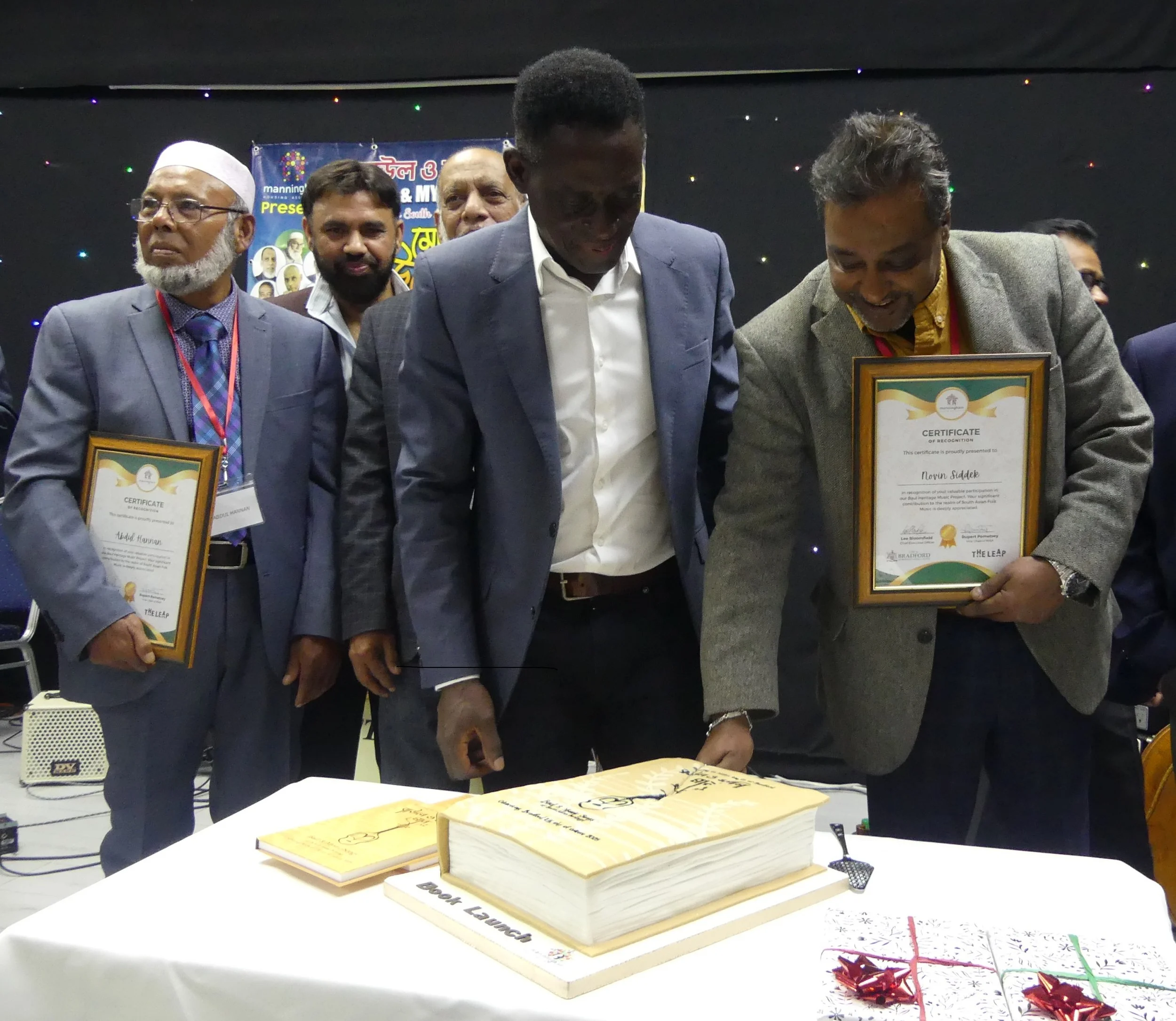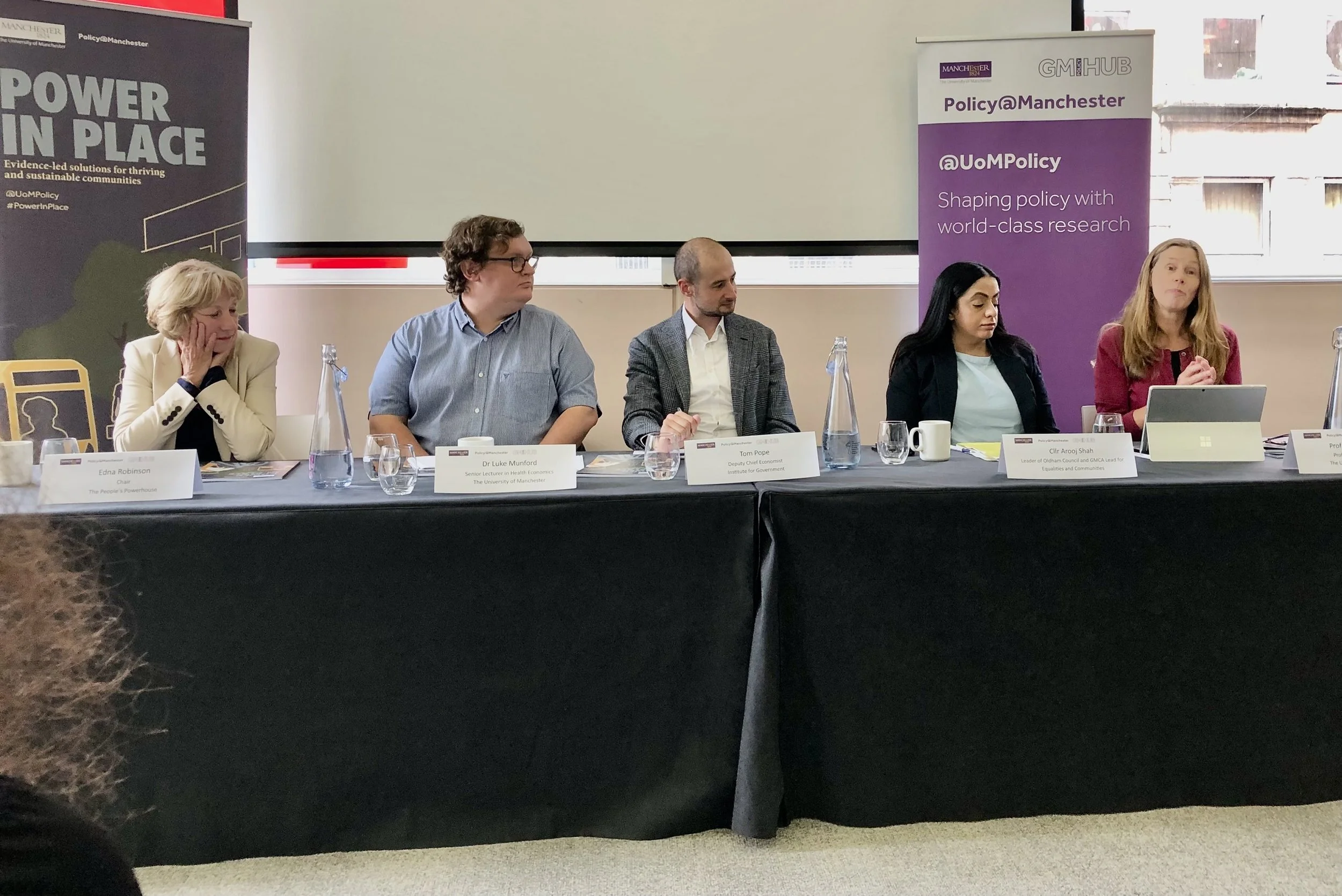A trio of academics have published a joint article highlighting the obstacles hindering housing construction in the UK and advocating greater support for Modern Methods of Construction (MMC) to increase the supply of new homes whilst meeting the nation’s net zero targets and boosting productivity.
It is particularly timely given the ongoing housing crisis and the Government’s decision to step back from a target to build 300,000 homes every year.
In the piece - published by The University of Manchester’s policy engagement unit, Policy@Manchester - Dr Suzanne Peters, Professor Jonatan Pinkse and Professor Graham Winch reveal that their research has identified three areas which have restricted the expansion of MMC, headed by a lack of specialist construction skills.
They write: “To deliver at pace and meet quality standards, both offsite and onsite aspects of MMC require skills and understanding that differ from traditional methods – with offsite work requiring more factory-specific skills and onsite skilled labour requiring more precise methods than required by traditional construction. Until both aspects are properly skilled, the deployment of MCC will be marred by delays and quality issues.”
A second difficulty is securing local authority approval for the construction of new properties, a procedure they describe as “consistently the most unpredictable and time-intensive part of the building process and this is especially challenging for MMC.” They continue: “Issues naturally result from under-staffed departments for planning and land-use regulators, and the highly political nature of regulations and approvals means that the process is often burdened by constant change, uncertainty and delays.”
And third, in the collective view of the academics, “the construction industry is notoriously slow to change, risk averse and extremely cautious of trying new methods and materials.”
Peters, Pinkse and Winch offer the government advice on how to simultaneously address all three challenges their research has pinpointed.
First, they suggest the roll-out of “an MMC-oriented skills agenda.” They explain: “Bringing MMC to a site requires specialised skills to ensure projects are successfully completed. More skilled and semi-skilled labour and construction management teams need to better understand and deliver on the unique requirements of MMC, including more precise tolerances to incorporate MMC into the completed house.”
On gaining regulatory approval for new developments, they call for the transformation of existing planning and land-use processes to speed up decision-making. The authors say: “The current system is onerous, inflexible and unpredictable for all players and is particularly challenging for MMC-driven projects. Months to years of delays in planning and approvals result in excessive delays for construction projects that could otherwise be delivered in a matter of weeks.”
And on expanding the use of MMC, Peters, Pinkse and Winch advise Ministers to incentivise builders “through beneficial taxation schemes and grants, land access, regulation, and mandates that encourage greater adoption of these methods.” They add: “As a significant owner of housing and construction projects, government bodies can drive change as a major client in the sector.”
Driving change in UK housing construction by Dr Suzanne Peters, Professor Jonatan Pinkse and Professor Graham Winch is available to read on the Policy@Manchester website.





























